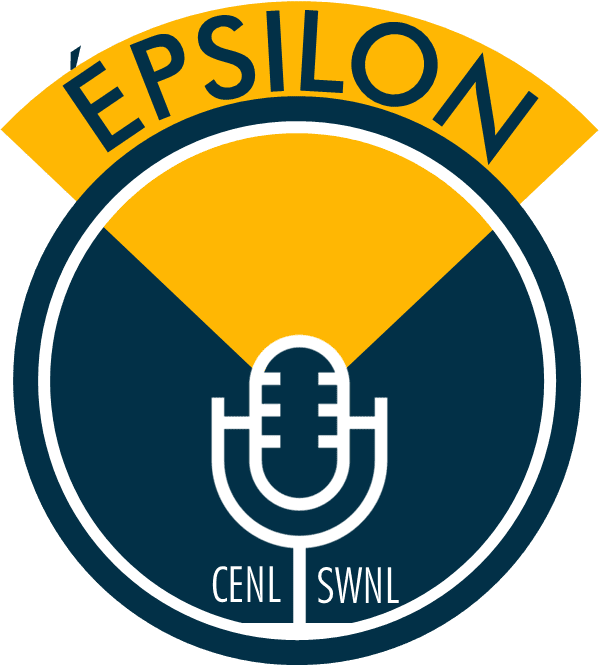And what criminals do, how police and governments fight them, what we users do wrong and our personal cyber hygiene.
By Beba ARLANZON
Computer attacks are the order of the day and yet many people consider them to be something alien, something that can happen to large companies or government agencies, but not to them. They forget that one of the booty that cybercriminals are after is the personal data of millions of users and that it is likely that, sooner or later, they will get hold of (part of) theirs. In addition, most of us use seemingly free digital services (email accounts, messaging services, apps) on a daily basis that, in reality, are not because we pay companies by giving them personal information that becomes their property.
Therefore, in our second episode of Epsilon we interview Asier Moneva, cybercrime expert and postdoctoral researcher at NSCR (Netherlands Institute for the Study of Crime and Law Enforcement) and THUAS (The Hague University of Applied Sciences). Asier studies the role that people play in digital crimes and his research analyzes possible measures both to prevent these types of attacks and to solve their consequences when they occur. With him we talk about the different types of cybercrime that currently exist, cybercriminal networks, legislation, deterrence policies, but also what we users can and should do to defend our cybersecurity.
We hope you enjoy this interview and that you find it useful.
Remember that you can find Epsilon on Spotify.
We also have an email address (epsilon.podcast@cenetherlands.nl) where you can send us your comments, suggestions and, above all, your “spontaneous nominations”. If you want to participate in the program, all you have to do is send us an email.
Can you help us to become more? Become a member and participate. Spread our word on the networks. Contact us and tell us about yourself and your project.



